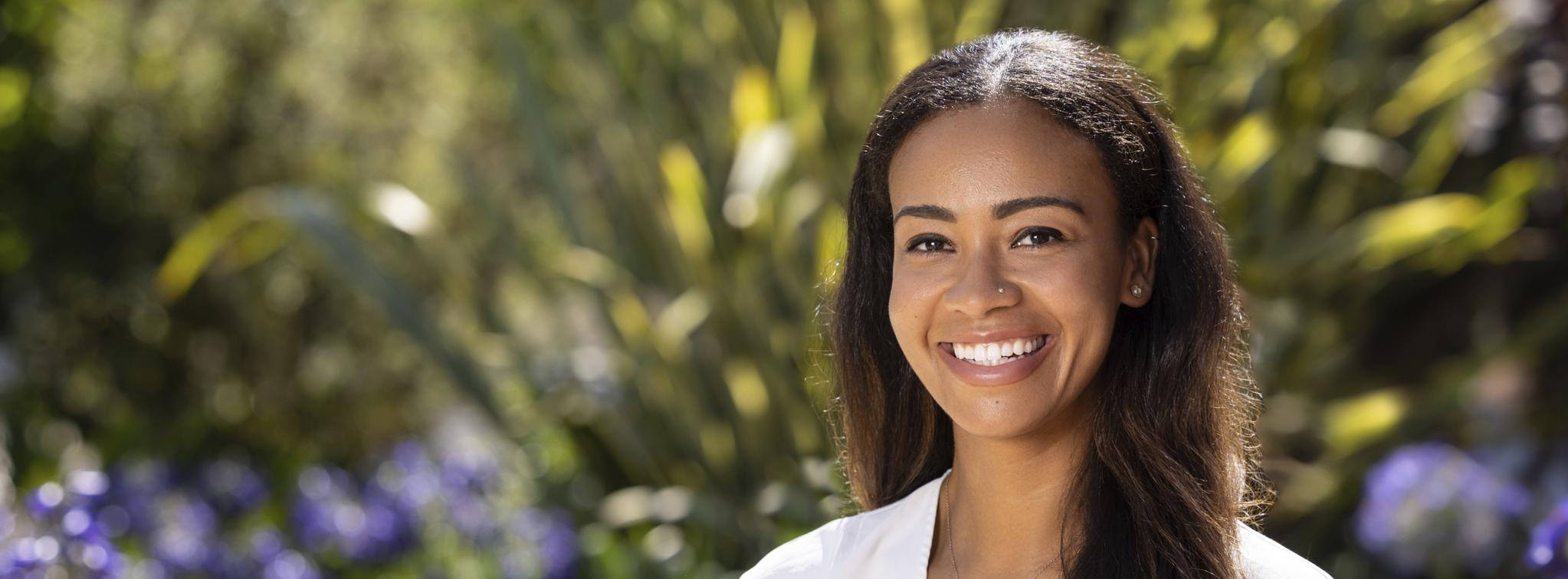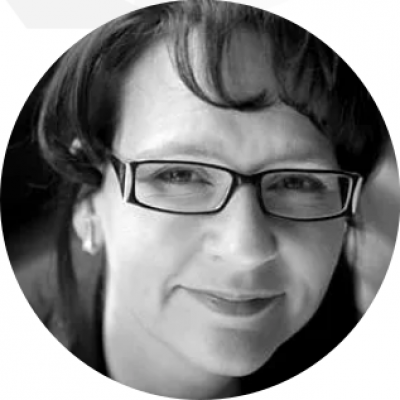Daphne Oluwaseun Martschenko, Stanford Center for Biomedical Ethics, gives an LCDS seminar on the ethics of sociogenomics, 'The Acid We Inherit: Social and Behavioral Genomics in the Context of an Ugly History and Uncertain Future'
Social and behavioural genomics (SBG) uses molecular, genome-wide data, to examine whether and how genetic differences between individuals shape differences in characteristics and outcomes such as same-sex sexual behaviour and educational attainment. The field is the subject of polarising debate, in part because misguided and harmful claims regarding genetic differences in behaviour have long been used for nefarious purposes. Today, social and behavioral genomic data are increasingly available to consumers via direct-to-consumer genetic testing and polygenic embryo selection. In light of the fraught history that underlies human genetic research, and the translation of molecular genomic data into consumer products, this talk argues that the ethical and socially responsible conduct and translation of social and behavioural genomics calls for a full accounting of ‘the acid we inherit’: the literal acid that is Deoxyribonucleic acid (DNA) and the conceptual acid that is the harmful myths about DNA.
Dr. Daphne Oluwaseun Martschenko (she/hers) is an Assistant Professor at the Stanford Center for Biomedical Ethics and former co-organiser of the Race, Empire, and Education Research Collective. Her scholarship identifies novel ways to examine and enhance the ethical and socially responsible conduct, translation, and interpretation of human genetic research. This term, Daphne is a visiting academic at Brasenose College and serving as the Faculty-In-Residence at Oxford’s Stanford House.
Daphne recently wrote an Ethics Perspective discussing LCDS researcher's recent article in Nature Human Behaviour on occupational status, intergenerational transmission, careers and health, which was accompanied by a Frequently Asked Questions.
The seminar will take place at Nuffield College, Chester Room, Tuesday 28 January from 14:00-16:00.



